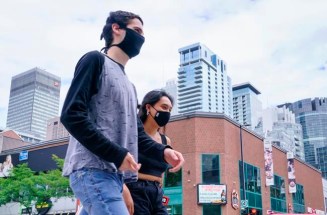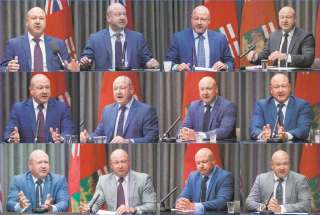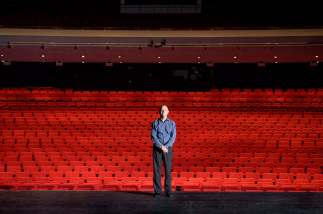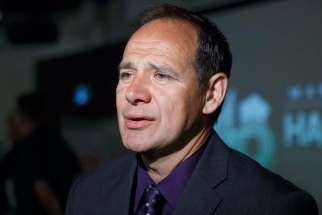Referees aren’t pandemic whistleblowers
Read this article for free:
or
Already have an account? Log in here »
To continue reading, please subscribe:
Monthly Digital Subscription
$0 for the first 4 weeks*
- Enjoy unlimited reading on winnipegfreepress.com
- Read the E-Edition, our digital replica newspaper
- Access News Break, our award-winning app
- Play interactive puzzles
*No charge for 4 weeks then price increases to the regular rate of $19.00 plus GST every four weeks. Offer available to new and qualified returning subscribers only. Cancel any time.
Monthly Digital Subscription
$4.75/week*
- Enjoy unlimited reading on winnipegfreepress.com
- Read the E-Edition, our digital replica newspaper
- Access News Break, our award-winning app
- Play interactive puzzles
*Billed as $19 plus GST every four weeks. Cancel any time.
To continue reading, please subscribe:
Add Free Press access to your Brandon Sun subscription for only an additional
$1 for the first 4 weeks*
*Your next subscription payment will increase by $1.00 and you will be charged $16.99 plus GST for four weeks. After four weeks, your payment will increase to $23.99 plus GST every four weeks.
Read unlimited articles for free today:
or
Already have an account? Log in here »
Hey there, time traveller!
This article was published 04/09/2020 (1933 days ago), so information in it may no longer be current.
The Manitoba Soccer Association deserves to be shown a yellow card for ordering its referees — already tasked with policing on-field action — to become COVID-19 cops.
The MSA was front-page news this week after its referee development committee sent out an email requiring all officials to monitor whether parents and other fans are complying with public-health rules on social distancing during matches.
By compelling referees to take photos and provide written reports of what they observe at soccer pitches across the province, the association is unwisely turning its officials — many of whom are not adults — into pandemic police.
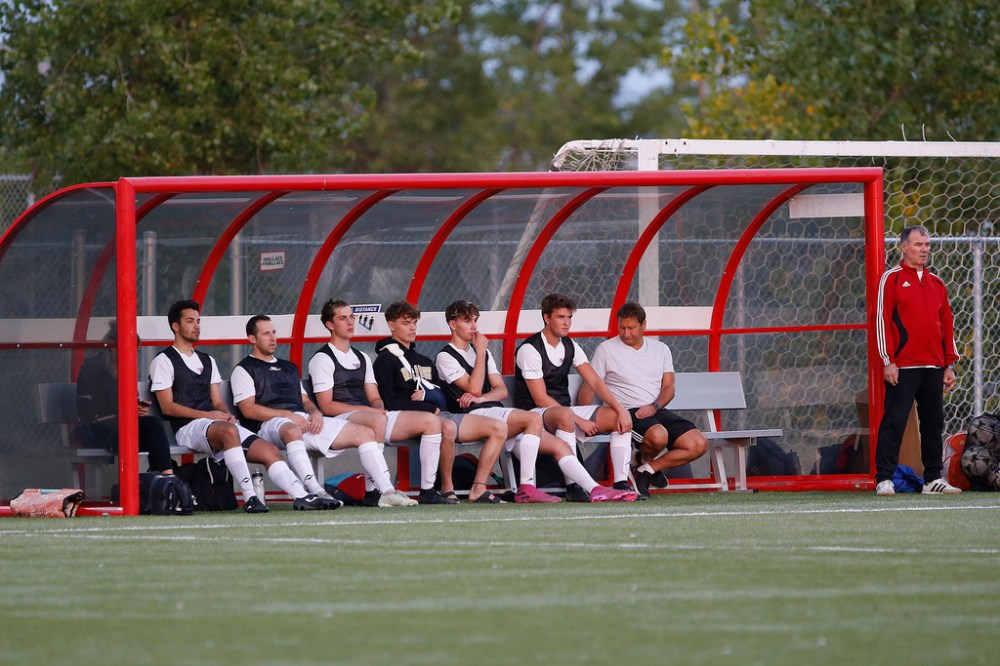
The Free Press reported the association’s return-to-play guidelines are frequently being disregarded, after observing several soccer matches and chronicling a disturbing lack of physical distancing by fans on the sidelines and players on the bench. On the pitch, players flouted orders to refrain from embracing or slapping hands in celebration.
With coronavirus cases climbing in Manitoba, MSA executive director Hector Vergara said adding COVID-19 compliance to the responsibilities of referees is the best option to ensure participants are adhering to health and safety guidelines during the pandemic.
In ordering them to record and report spectators who turn a deaf ear to the advice of medical experts, however, the association risks exposing its beleaguered referees to an increased threat of verbal abuse and mistreatment from angry parents, players and coaches.
As one adult ref told the Free Press: “I don’t want to take photos of children and I don’t want to take photos of parents who already are set up to hate me. I don’t think it gets at the issue, and I think it’s asking a lot of refs who aren’t given the tools to effectively deal with this anyway.”
Sport Manitoba director of sport Janet McMahon told the Free Press about 50 per cent of young officials leave in the same year they were recruited because dealing with abuse has made the job untenable.
Instead of turning refs into camera-toting snitches, the association needs to accept the burden of responsibility and come up with a broader plan. It is the governing body’s duty to ensure all participants are reminded — and reminded repeatedly — what public-health rules are in play, and what the consequences will be if they are ignored.
It would be impossible for the organization to supervise every match in the province, but random spot-checks to ensure compliance would be a good start. It would also be in the MSA’s power to require each team to have a parent or coach designated to enforce social distancing.
There is a role for referees, too. In minor hockey, officials are empowered to eject players and fans, and sometimes clear an entire rink, for bad behaviour. Soccer referees should be authorized to impose penalties, including cancelling a match, if participants refuse to comply with advice they’ve been hearing almost every day since the pandemic began.
The soccer association is clearly searching for a quick fix when what is required is a more thoughtful, comprehensive approach. Referees, especially teenagers, can’t solve a persistent pandemic problem by secretly snapping photos and writing reports.
If the season is to continue, everyone involved needs to give their head a shake, get in the game and follow the rules — the game-related laws the referee is charged with enforcing, and the public-health directives whose enforcement should not be the burden of the person with the whistle.

